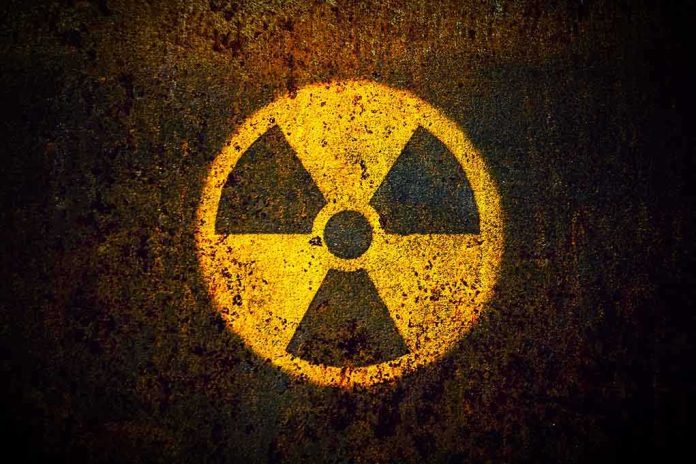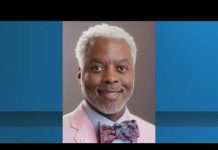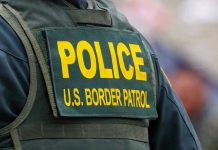
Hiroshima’s mayor has invited President Trump to witness firsthand the devastating legacy of nuclear warfare, challenging the President’s controversial comparison of Iran strikes to the atomic bombings that ended World War II.
Key Takeaways
- President Trump compared recent US strikes on Iran to the atomic bombings of Hiroshima and Nagasaki, stating they similarly “ended the war.”
- Hiroshima Mayor Kazumi Matsui extended an invitation for Trump to visit the city to better understand the true impact of nuclear weapons.
- Approximately 140,000 people died in the 1945 atomic bombing of Hiroshima, with survivors still facing trauma and increased cancer risks today.
- Japanese officials and atomic bomb survivors have condemned Trump’s statements, with some organizing protests demanding he retract his comments.
- Hiroshima lawmakers passed a resolution rejecting statements that justify atomic bomb use and called for peaceful conflict resolution.
Trump’s Controversial Nuclear Comparison
President Trump sparked international controversy when he likened recent US military strikes on Iran’s nuclear facilities to the atomic bombings of Hiroshima and Nagasaki that ended World War II. During public remarks addressing a leaked intelligence report about American strikes on Iran’s nuclear program, Trump stated: “That hit ended the war. I don’t want to use an example of Hiroshima. I don’t want to use an example of Nagasaki. But that was essentially the same thing. That ended that war.” These comments immediately triggered strong reactions from Japanese officials, atomic bomb survivors, and international observers.
The Japanese government swiftly responded through diplomatic channels. Chief Cabinet Secretary Hayashi Yoshimasa indicated that Japan had communicated its consistent position on atomic bombings to the United States and would maintain close communication on the matter. For Japan, the only nation to have experienced nuclear attacks, Trump’s words reopened painful historical wounds and challenged the country’s longstanding advocacy for nuclear disarmament and the prevention of nuclear proliferation.
Hiroshima Mayor Extends Invitation
In a measured response to the controversy, Hiroshima Mayor Kazumi Matsui extended a formal invitation to President Trump to visit the city. Rather than simply condemning the remarks, Matsui chose to use the moment as an opportunity for education and dialogue, suggesting that the President might benefit from witnessing firsthand the lasting consequences of nuclear warfare. The mayor emphasized that a visit to Hiroshima could provide Trump with a crucial perspective on the true nature and impact of atomic weapons.
“It seems to me that he does not fully understand the reality of the atomic bombings, which, if used, take the lives of many innocent citizens, regardless of whether they were friend or foe, and threaten the survival of the human race,” said Mayor Kazumi Matsui.
Matsui further elaborated on his invitation, stating: “I wish that President Trump would visit the bombed area to see the reality of the atomic bombing and feel the spirit of Hiroshima, and then make statements.” The mayor’s approach represents the city’s longstanding tradition of inviting world leaders to witness Hiroshima’s memorials and peace initiatives as part of its advocacy for global nuclear disarmament. When international leaders visit, they are often encouraged to fold paper cranes as a symbolic commitment to peace.
Survivors and Officials React
The response from atomic bomb survivors was more pointed. Mimaki Toshiyuki, co-chair of Nihon Hidankyo, an organization of atomic bomb survivors that recently won the Nobel Peace Prize for its advocacy work, called Trump’s comments “unacceptable.” Other survivors like Teruko Yokoyama expressed anger and disappointment over what they perceived as a trivialization of their suffering. A group of survivors even organized a protest in Hiroshima, demanding that President Trump retract his statement.
“That hit ended the war, I don’t want to use an example of Hiroshima, I don’t want to use an example of Nagasaki, but that was essentially the same thing,” said Donald Trump.
Nagasaki Mayor Shiro Suzuki joined in the criticism, stating: “If Trump’s comment justifies the dropping of the atomic bomb, it is extremely regrettable for us as a city that was bombed.” Suzuki emphasized that nuclear weapon use is “unacceptable” and expressed hope that world leaders, including Trump, would visit Nagasaki to understand the devastating impact of atomic weapons. The Hiroshima city assembly went further, passing a formal resolution rejecting statements that justify atomic bomb use and calling for peaceful conflict resolution approaches instead.
Historical Context and Legacy
The atomic bombings of Hiroshima and Nagasaki in August 1945 remain the only instances of nuclear weapons used in warfare. Approximately 140,000 people died in Hiroshima alone, with survivors continuing to face psychological trauma and increased cancer risks decades later. The city maintains a peace flame symbolizing opposition to nuclear weapons and displays a clock counting the days since the last nuclear attack, powerful reminders of its commitment to ensuring such devastation never occurs again.
For many conservative Americans, the atomic bombings represent difficult but necessary actions that brought a swift end to World War II and potentially saved countless American lives by avoiding a full-scale invasion of Japan. However, this perspective must be balanced with recognition of the unprecedented human suffering caused by these weapons. President Trump’s Iran strikes successfully neutralized nuclear threats without civilian casualties, representing a vastly different military approach than the wholesale destruction of entire cities during wartime.







